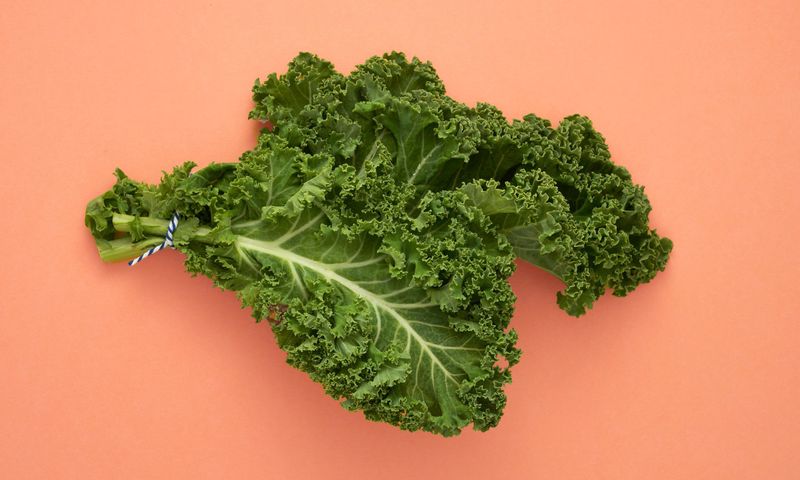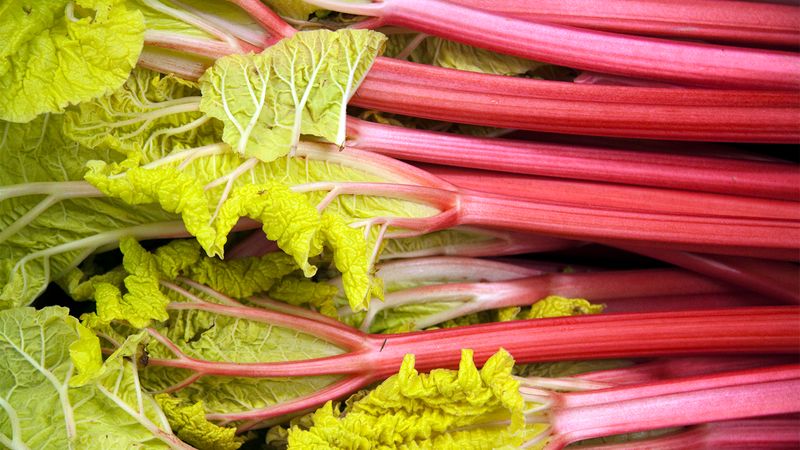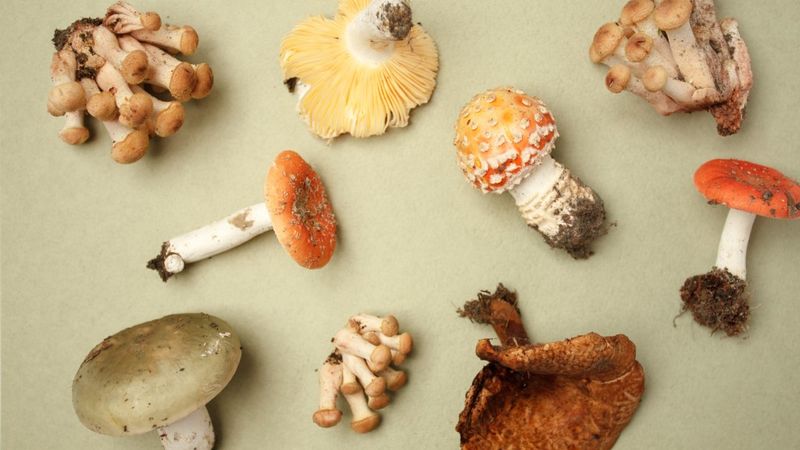Vegetables are typically seen as the cornerstone of a healthy diet, celebrated for their vitamins, fiber, and antioxidants. However, not all vegetables are universally beneficial, and some might do more harm than good in specific situations. The idea that something as wholesome as a vegetable could negatively affect health may seem counterintuitive, yet it’s a nuanced and important topic worth exploring.
Our food choices interact with our individual biochemistry, meaning what’s healthy for one person might not be ideal for another. Some vegetables harbor compounds that can disrupt digestion, alter hormone levels, or aggravate chronic conditions like arthritis or thyroid disorders. While these foods are not inherently toxic, how they’re prepared, sourced, and consumed plays a vital role in how they affect your body.
This article takes a close look at eleven common vegetables that could be problematic depending on your unique health context. The goal isn’t to induce fear, but to inform, empowering you to make dietary decisions with clarity and confidence. By understanding the potential downsides and learning how to work around them, you can enjoy a diet that supports your well-being without unnecessary risk.
1. Potatoes

Though potatoes are often seen on dinner plates worldwide, their nutritional profile deserves a second glance. Among the top concerns is the fact that they’re high in starch, which can spike blood sugar, especially when fried. Not all bodies handle this equally, and overindulgence can tip the balance from beneficial to problematic. In specific health scenarios, this vegetable may act as more of a foe than a friend. Subtle symptoms like fatigue, bloating, or irritability might trace back to its regular appearance in your meals. Switching things up or using proper cooking methods can dramatically reduce the risks. Nutrition isn’t black-and-white — sometimes, even wholesome foods require thoughtful consumption.
2. Corn

Corn may wear the badge of “healthy” proudly, but not everything beneath the surface is golden. Among the top concerns is the fact that it’s often genetically modified and high in simple carbohydrates. Not all bodies handle this equally, and overindulgence can tip the balance from beneficial to problematic. In specific health scenarios, this vegetable may act as more of a foe than a friend. Subtle symptoms like fatigue, bloating, or irritability might trace back to its regular appearance in your meals. Switching things up or using proper cooking methods can dramatically reduce the risks. Nutrition isn’t black-and-white — sometimes, even wholesome foods require thoughtful consumption.
3. Spinach

If you’ve been filling your plate with spinach without thinking twice, it might be time to hit pause. Among the top concerns is the fact that it’s rich in oxalates, which may contribute to kidney stones. Not all bodies handle this equally, and overindulgence can tip the balance from beneficial to problematic. In specific health scenarios, this vegetable may act as more of a foe than a friend. Subtle symptoms like fatigue, bloating, or irritability might trace back to its regular appearance in your meals. Switching things up or using proper cooking methods can dramatically reduce the risks. Nutrition isn’t black-and-white — sometimes, even wholesome foods require thoughtful consumption.
4. Kale

In the world of nutrition, kale has sparked both praise and quiet concern. Among the top concerns is the fact that it may accumulate heavy metals and interfere with thyroid function. Not all bodies handle this equally, and overindulgence can tip the balance from beneficial to problematic. In specific health scenarios, this vegetable may act as more of a foe than a friend. Subtle symptoms like fatigue, bloating, or irritability might trace back to its regular appearance in your meals. Switching things up or using proper cooking methods can dramatically reduce the risks. Nutrition isn’t black-and-white — sometimes, even wholesome foods require thoughtful consumption.
5. Soybeans

Soybeans have long had a home in health food circles, yet even this veggie has its drawbacks. Among the top concerns is the fact that they contain phytoestrogens and are frequently genetically modified. Not all bodies handle this equally, and overindulgence can tip the balance from beneficial to problematic. In specific health scenarios, this vegetable may act as more of a foe than a friend. Subtle symptoms like fatigue, bloating, or irritability might trace back to its regular appearance in your meals. Switching things up or using proper cooking methods can dramatically reduce the risks. Nutrition isn’t black-and-white — sometimes, even wholesome foods require thoughtful consumption.
6. Brussels Sprouts

With all the buzz about clean eating, it’s easy to overlook how Brussels sprouts could complicate your wellness goals. Among the top concerns is the fact that they can cause bloating and are goitrogenic. Not all bodies handle this equally, and overindulgence can tip the balance from beneficial to problematic. In specific health scenarios, this vegetable may act as more of a foe than a friend. Subtle symptoms like fatigue, bloating, or irritability might trace back to its regular appearance in your meals. Switching things up or using proper cooking methods can dramatically reduce the risks. Nutrition isn’t black-and-white — sometimes, even wholesome foods require thoughtful consumption.
7. Tomatoes

Tomatoes don’t always deserve their sparkling health halo — in some cases, they might be the culprit behind your discomfort. Among the top concerns is the fact that they’re nightshades containing lectins and solanine. Not all bodies handle this equally, and overindulgence can tip the balance from beneficial to problematic. In specific health scenarios, this vegetable may act as more of a foe than a friend. Subtle symptoms like fatigue, bloating, or irritability might trace back to its regular appearance in your meals. Switching things up or using proper cooking methods can dramatically reduce the risks. Nutrition isn’t black-and-white — sometimes, even wholesome foods require thoughtful consumption.
8. Bell Peppers

Though bell peppers are often seen on dinner plates worldwide, their nutritional profile deserves a second glance. Among the top concerns is the fact that they may irritate the gut lining in sensitive individuals. Not all bodies handle this equally, and overindulgence can tip the balance from beneficial to problematic. In specific health scenarios, this vegetable may act as more of a foe than a friend. Subtle symptoms like fatigue, bloating, or irritability might trace back to its regular appearance in your meals. Switching things up or using proper cooking methods can dramatically reduce the risks. Nutrition isn’t black-and-white — sometimes, even wholesome foods require thoughtful consumption.
9. Celery

Celery may wear the badge of “healthy” proudly, but not everything beneath the surface is golden. Among the top concerns is the fact that it carries high pesticide residue, especially when conventionally grown. Not all bodies handle this equally, and overindulgence can tip the balance from beneficial to problematic. In specific health scenarios, this vegetable may act as more of a foe than a friend. Subtle symptoms like fatigue, bloating, or irritability might trace back to its regular appearance in your meals. Switching things up or using proper cooking methods can dramatically reduce the risks. Nutrition isn’t black-and-white — sometimes, even wholesome foods require thoughtful consumption.
10. Rhubarb

If you’ve been filling your plate with rhubarb leaves without thinking twice, it might be time to hit pause. Among the top concerns is the fact that they’re toxic due to high oxalic acid content. Not all bodies handle this equally, and overindulgence can tip the balance from beneficial to problematic. In specific health scenarios, this vegetable may act as more of a foe than a friend. Subtle symptoms like fatigue, bloating, or irritability might trace back to its regular appearance in your meals. Switching things up or using proper cooking methods can dramatically reduce the risks. Nutrition isn’t black-and-white — sometimes, even wholesome foods require thoughtful consumption.
11. Wild Mushrooms

In the world of nutrition, wild mushrooms have sparked both praise and quiet concern. Among the top concerns is the fact that they can be poisonous if misidentified. Not all bodies handle this equally, and overindulgence can tip the balance from beneficial to problematic. In specific health scenarios, this vegetable may act as more of a foe than a friend. Subtle symptoms like fatigue, bloating, or irritability might trace back to its regular appearance in your meals. Switching things up or using proper cooking methods can dramatically reduce the risks. Nutrition isn’t black-and-white — sometimes, even wholesome foods require thoughtful consumption.
Leave a comment